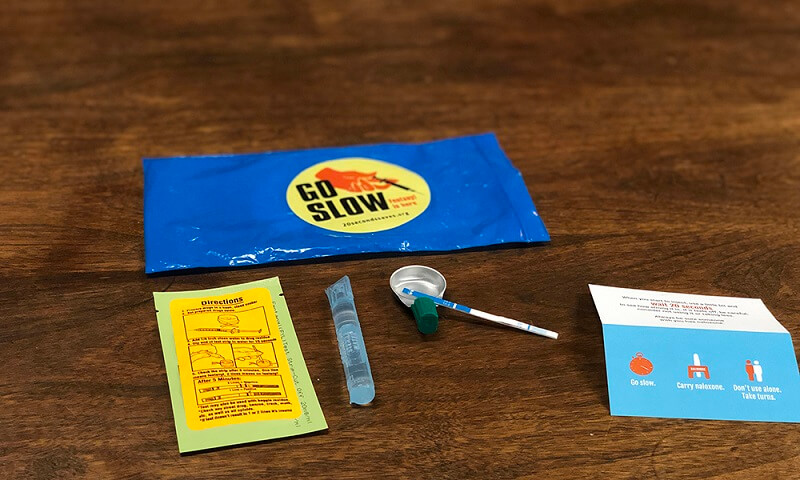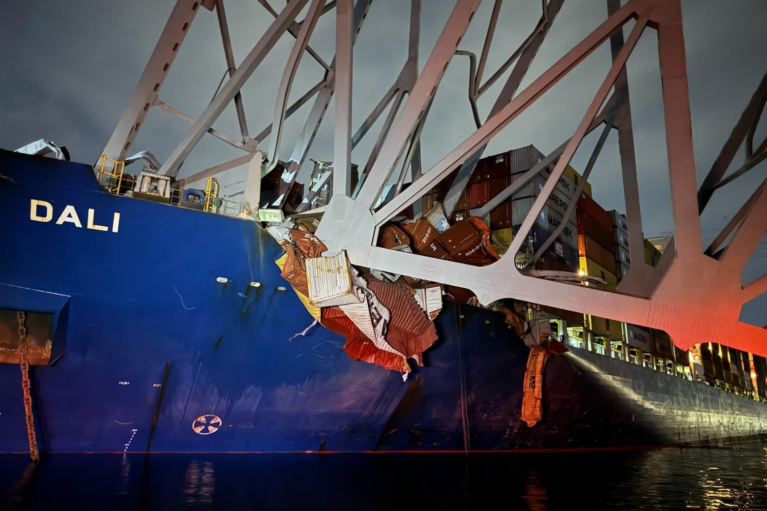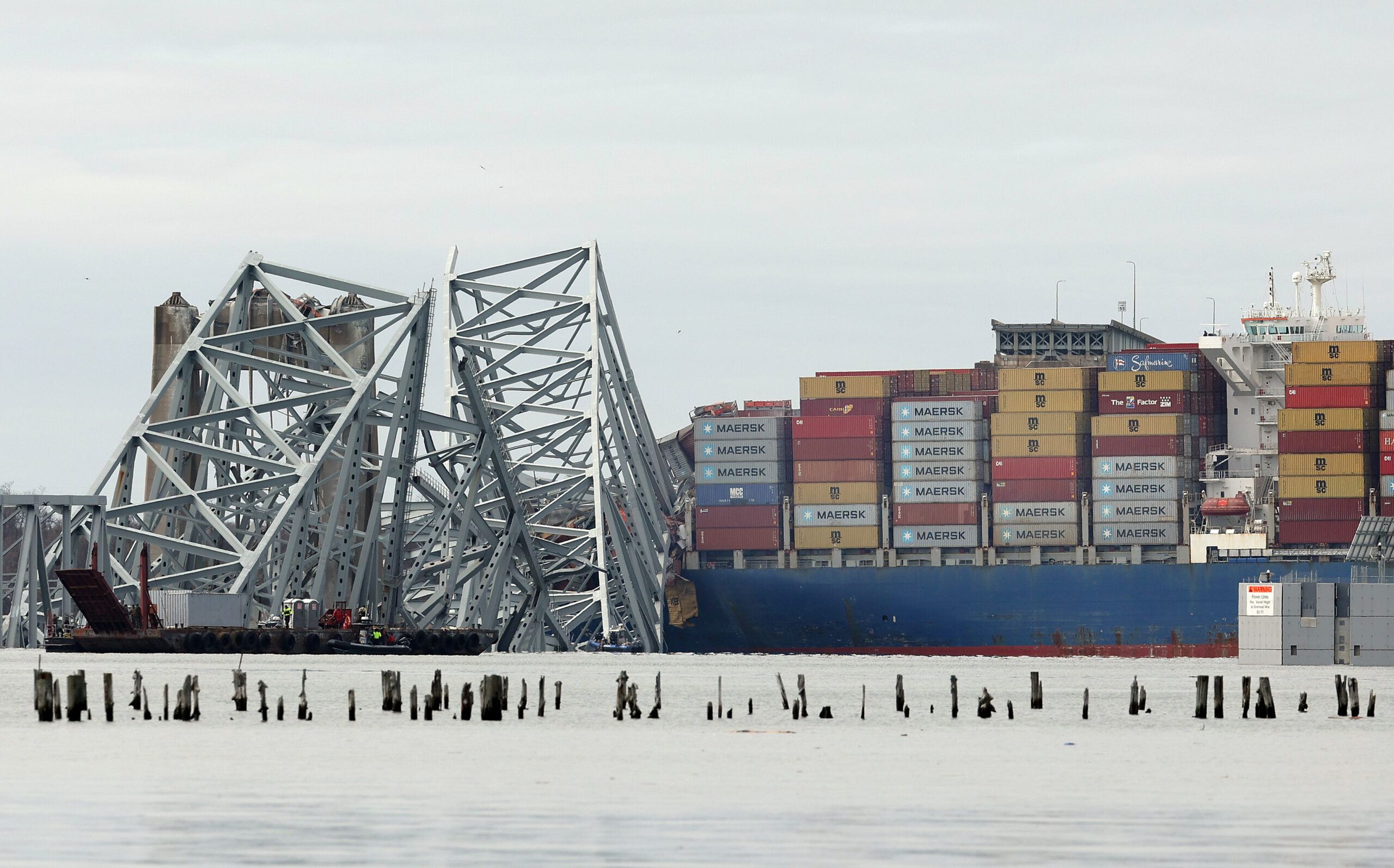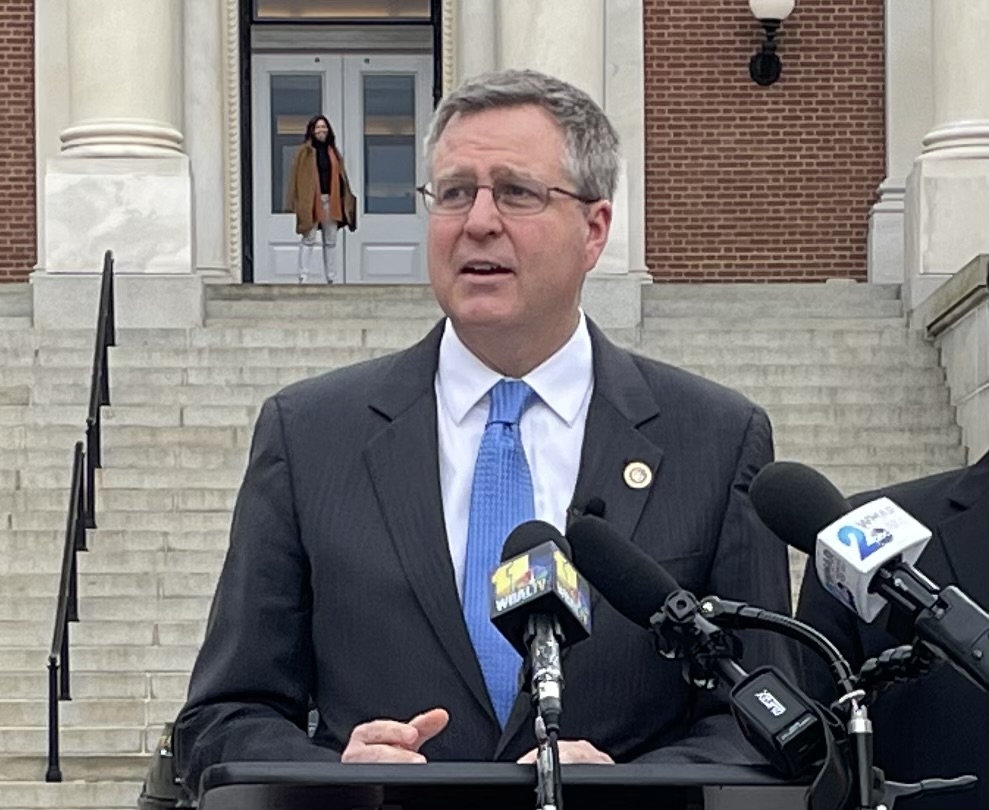
By Brandon M. Scott
The writer is the 52nd mayor of Baltimore.
In 2021, nearly eight Marylanders died each day from an overdose. In my city of Baltimore alone, our community lost more than 600 people last year — a stunningly tragic situation that demands action.
These preventable deaths are the consequences of systemic discrimination and suffering rooted in the war on drugs. Decades of police violence and generations of mass incarceration have pushed people who use drugs into the shadows. Our family members, our friends, and our neighbors are disappearing into social and emotional isolation, where they engage in risky behaviors that put their health and that of others at risk.
But in Baltimore, we’re charting a new course toward proven solutions to address the overdose crisis and save lives.
Baltimore is the first jurisdiction in Maryland to expand access to naloxone — allowing anyone to access the life-saving medicine without a prescription or training certificate. We expanded access to methadone, the gold standard of addiction treatment, and now provide psychosocial support and wraparound social services. And we created an Opioid Intervention Team (OIT), which brings governmental, medical, and community-based partners together to develop and lead a comprehensive response to the overdose crisis.
But until we take transformative action to change the way we treat and discuss the overdose crisis, the continual impact of the war on drugs — including preventable deaths, mass incarceration, and social and emotional isolation — will continue to devastate our communities. To truly save lives, Maryland must be bolder.
New York City recently arrived at the same crossroads we are facing today — a choice between the status quo and the implementation of overdose prevention sites (OPS). OPS are safe spaces — operated by community-based organizations — that provide people who use drugs a place to use and access life-saving interventions, like naloxone and support networks. New York City chose to leave the status quo behind and save lives by expanding access to care. As mayor of Baltimore, I am calling on legislators in Annapolis to pass the Overdose and Infectious Disease Prevention Services bill in 2023, which would allow community-based organizations to operate overdose prevention sites (OPS) in Maryland.

Baltimore Mayor Brandon Scott (D) speaks at a news conference in the city in 2021. Photo by Alex Wong/Getty Images.
Over 150 OPS exist in 12 countries around the world, and many have been operating for decades. Visitors can access sanitary materials and spaces, as well as fentanyl test strips — all of which reduce the risk of fatal overdose and mitigate transmission of bloodborne illnesses. By meeting the people where they are, OPS are a proven solution to the overdose crisis ravaging our communities. In fact, OPS have been proven to reduce overdose fatalities by 35% in the surrounding area within one year of opening; New York City’s own two sites saved nearly 200 lives within their first three months.
Not only do OPS ensure fewer lives lost to drug use, but for many, it is an opportunity to take the helping hand of community organizers and start their journey to recovery. Simply put, we cannot address the overdose crisis without first saving the lives of those who use drugs. It’s time for our state legislators to recognize the success of our neighbors, both up Interstate 95 and abroad, and take action to save lives — including passing legislation allowing the establishment of life-saving OPS throughout the state.
Last year, we lost nearly 3,000 people to drug overdose in the state of Maryland — a 17% increase from 2020. Their loved ones and communities endure an unimaginable loss, which is why we need to take action today to help our friends, family, and neighbors avoid suffering the same fate. Together and through a community lens, we can improve the health and wellbeing of our residents without criminalizing addiction.




 Creative Commons Attribution
Creative Commons Attribution